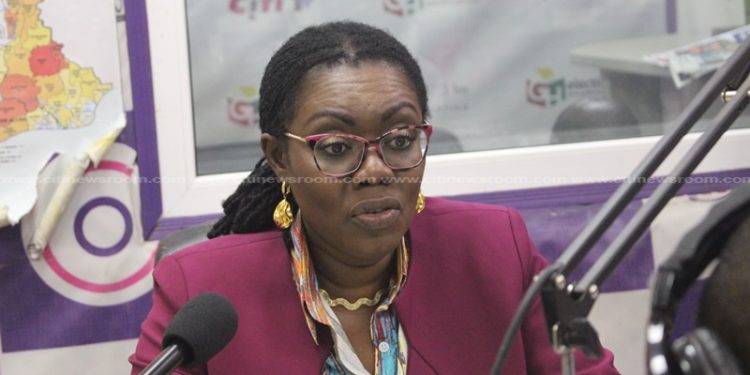All is set for the launch of the government’s Common Monitoring Platform (CMP) for telecommunication companies but relevant state institutions have not disclosed the total amount the state has to pay Subah Infosolutions in an out of court settlement.
However, snippets of information gathered by The Finder indicate that the Ghana Revenue Authority (GRA)is to cough out over GH₵200million to Subah Infosolutions.
According to information, GRA has resolved to pay Subah all arrears amounting to GH¢108million (GH₵108,020,473) due and owed to Subah for services rendered during the tenure of the contract with GRA.
In addition, a three months’ service fee of GH₵16.4million (GH₵16,440,226), which Subah Infosolutions would have earned during the remainder of the contract, is also to be paid by GRA and put together, that amounts to GH₵124.4million (GH₵124, 460,699).
Aside the GH₵124.4million, GRA and Subah Infosolutions have also agreed to an independent value-for-money audit of the assets and other technical infrastructure that Subah Infosolutions may have deployed to service the contract with GRA.
When the value of the assets is determined through the audit, which conservative industry estimates put at over GH₵100million, GRA would have to settle that as well.
The out of court settlement satisfied Subah InfoSolutions to drop a case and vacate an injunction that prevented Kelni GVG, operators of the Common Monitoring Platform, from working.
Subah InfoSolutions placed the injunction on GRA and the National Communications Authority (NCA) from undertaking any form of telcos revenue monitoring until a substantive case it filed on grounds of wrongful termination of contract is determined by the court.
The injunction prevented KelniGVG, which was contracted to build and use the Common Monitoring Platform, to conduct real time traffic monitoring, revenue assurance, fraud management and mobile money monitoring from working.
$2.6m reduced to $1.5m a month
Subah Infosolutions was being paid $2.6million a month but KelniGVG is to receive $1.5million a month even though it will be doing more than what Subah Infosolutions was doing.
The platform, installed and managed by KelniGVG under a build operate and transfer (BOT) deal, had earlier sparked huge controversy over the $1.5million monthly cost to the taxpayer.
Customer privacy and data security
Ghana Chamber of Telecommunications also raised concerns regarding a possible breach of customer privacy and data security.
Testing stage
Currently, the system is undergoing various levels of testing with the respective telcos towards full implementation later this month.
Some of the telcos say they have been informed by the Director-General of NCA at a meeting that the platform would be launched today – October 22, 2018.
The CMP contract with KelniGVG is for five years at a cost of $89million.
The contract is open for renewal for another five years if government feels the need to do so.
The system will monitor the billing platforms and communication traffic flow on the networks of the telcos in real time, without interfering with the content of the communication and with the personal details of customers.
3 other court cases
IMANI Africa and Citizen Ghana Movement (First case) Sara Asafu Adjaye, Maximus Amertogoh (second case) Selorm Branttie, Nana Ama Adom-Boakye Kanyi and John Ato Bonful (third case) all wanted the case wholly withdrawn.
Franklin Cudjoe of IMANI said the first major conversation about this matter has been held and some settlement of a sort has been reached on the issue of privacy.
Committee to manage privacy issues
However, he said a committee has been set up to manage the privacy aspect of the contract in order to ensure the interest of the consumers will be protected.
According to him, there is a concession for the Ghana Chamber of Telecommunications to have independent access to the monitoring platform to audit that only signals but no content are monitored.
This, he said is not substantially different from the kinds of technical audits a court would have had to order if the case had proceeded to finality.
“I must however, add that we did not want to have consent judgment as part of the settlement because we did not want to endanger our CHRAJ option through any kind of judicial estoppels since we have yet to obtain concessions on the value for money part,” he added.








